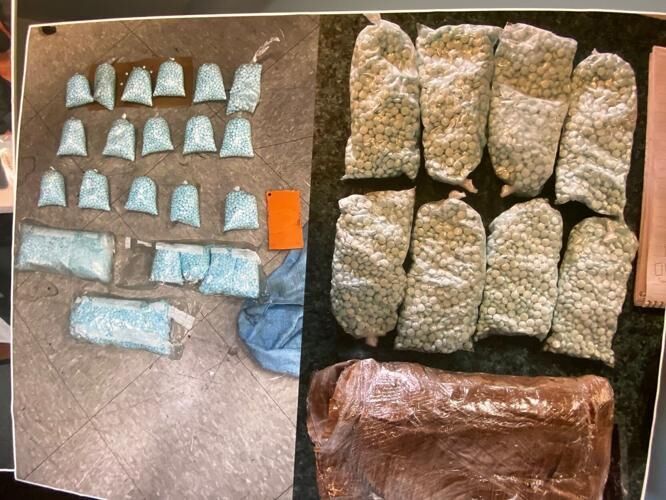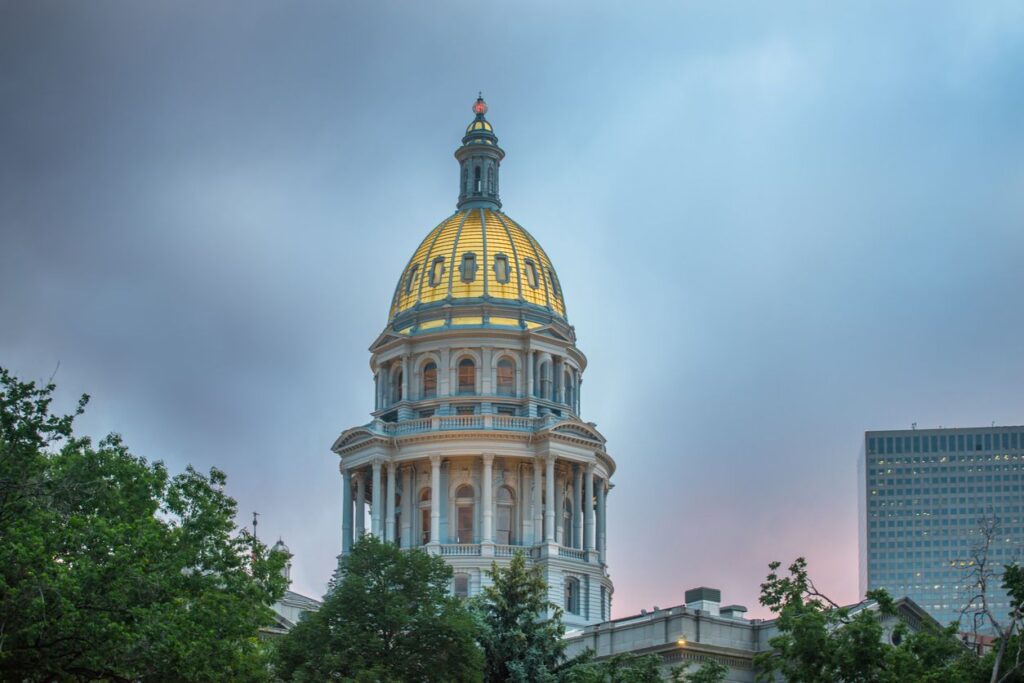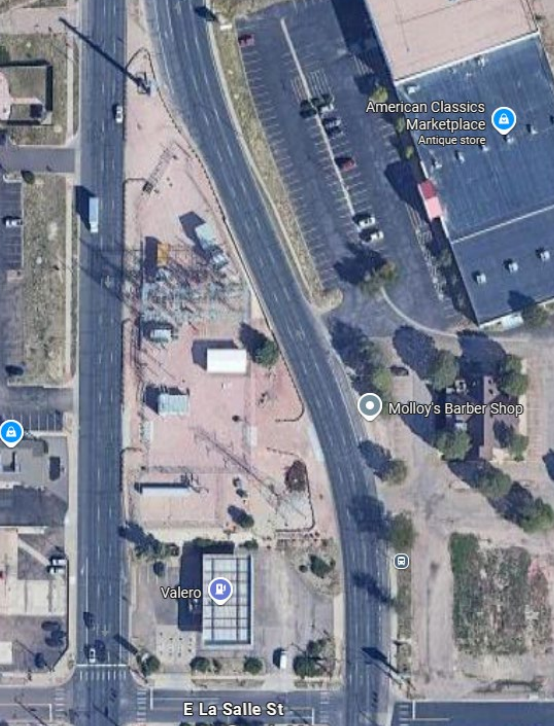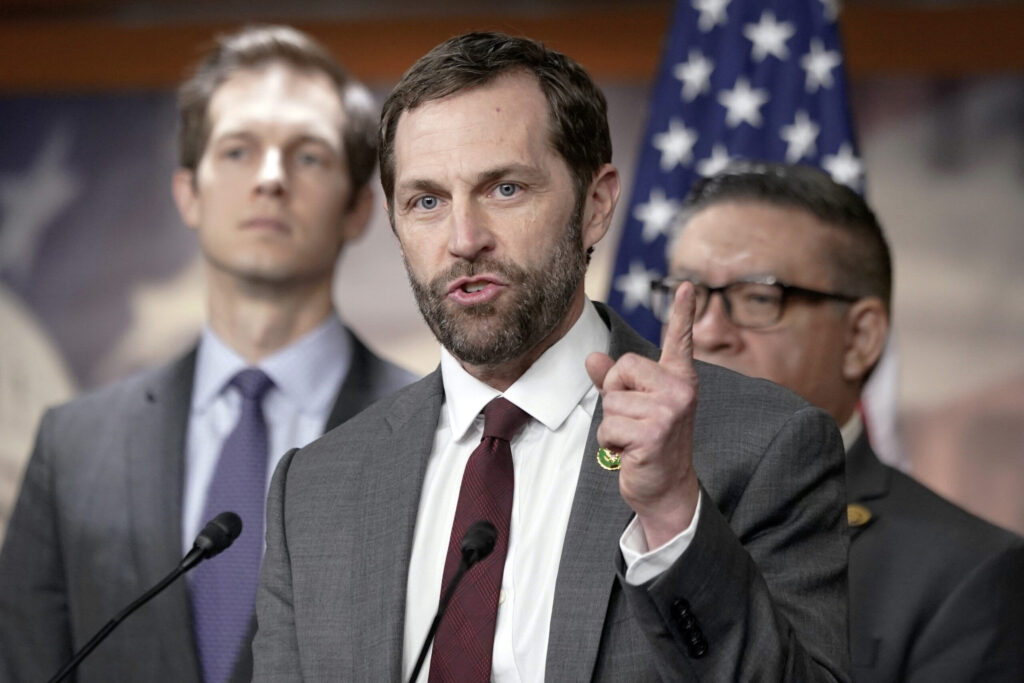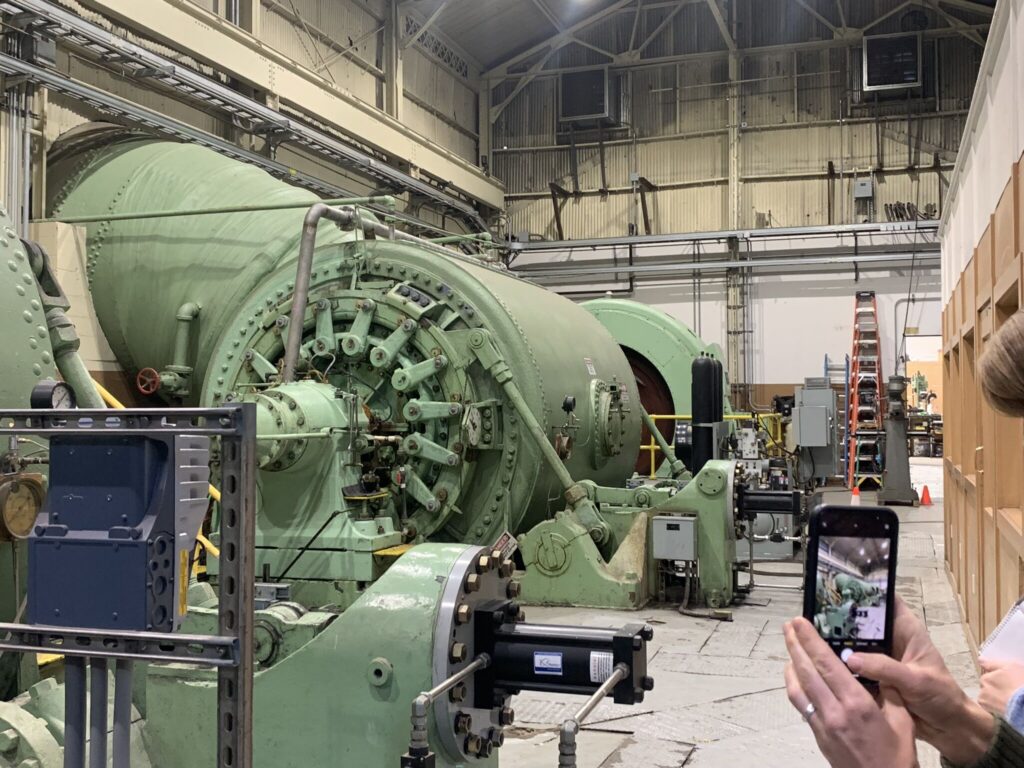How deep is Colorado’s rural-urban divide? 10 takeaways from the Rural Reckoning series | Vince Bzdek
How bad is the rural/urban divide in Colorado?
That’s what a team of reporters at Colorado Politics and The Colorado Network, our statewide collective of freelancers, set out to measure and understand.
Through extensive interviews, data analysis and community voices, our journalists have documented the yawning gap between what rural areas contribute to the state through agriculture, energy production, tourism and outdoor recreation, and the attention, money and support they receive in the halls of the Capitol and the governor’s mansion. That gap has resulted in a host of unaddressed problems unique to rural Colorado.
Our reporters also have found that culturally, the polarization between rural and urban has deepened so much that when it comes to political views and social values, rural and urban Coloradans reside in increasingly separate worlds.
Colorado Politics editor Thelma Grimes, the chief architect of the series, is joined by reporters Marianne Goodland, Marissa Ventrelli, Michael Braithwaite and Colorado Network freelancers David O. Williams, Hap Fry and Rachael Wright. Thanks also go to Cat Kammerer for the smart graphics to go with the stories and to editors Luige Del Puerto, Glenn Rabinowitz and Dennis Huspeni.
The 10 articles that resulted from their reporting started publishing last weekend and continue through this weekend and the next two.
Editor Grimes describes the intent of the series this way: “The four-week Rural Reckoning series examines the critical and often overlooked issues facing rural Colorado, where challenges to health care access, affordable housing, agricultural sustainability and population growth are compounded by a growing disconnect with the state’s political and economic power base along the Front Range.
“Despite being a vital contributor to Colorado’s overall prosperity — through energy production, agriculture and rural health care — communities outside the I-25 corridor face disproportionate disadvantages in representation, funding and policy attention. The series explores how the state’s political influence, concentrated in urban counties such as Denver, Boulder and El Paso, monopolizes legislation and resource allocation.”
In the end, we hope this series presents a comprehensive and balanced view of the stakes and solutions for a more equitable Colorado — one that acknowledges and integrates the voices and needs of its rural backbone.
Here are some key takeaways from the series, which I hope will entice you to take a closer look:
• Anger with Polis. Seven years into Gov. Jared Polis’s tenure, frustration and resentment have grown in the rural communities of Colorado’s Western Slope and Eastern Plains over his board appointments, policy decisions and a perceived preference for urban interests over agricultural communities.
• The great imbalance. Colorado has 53 rural counties and 11 Front Range counties. But those 11 dominate Colorado’s population and political influence.
• Health care in trouble. Colorado’s rural hospitals are teetering on the edge of financial collapse.
• Flashpoint wolf. The controversial reintroduction of wolves on the Western Slope is likely to be the defining issue of Gov. Jared Polis’ final four years for rural residents.
• Bright spots. Despite long-standing tension between rural leaders and the state Capitol, some bipartisan efforts have led to progress on housing, health care, food security and mental health access across Colorado’s rural communities.
• The energy divide. In many ways, Colorado’s rural-urban divide boils down to energy. As the state races toward a “renewable” energy future, coal miners, ranchers and oil field workers now face economic extinction.
• Rural voices. We listened to what rural residents around the state had to say, and many put much of the blame on Gov. Jared Polis for the divide. But Polis defends his approach: “We are always focused on what is needed statewide. We are there all the time.”
• Farmers and ranchers. Agriculture is still Colorado’s biggest industry, but the people raising crops and cattle are not happy with the state of their industry or the political clout they have.
• Bumpy roads. The state’s rural roads and highways are in sorry shape, and many rural lawmakers blame the diversion of funds to Front Range public transit projects that aren’t delivering.
• Solutions. Former governors and state lawmakers lend their advice to future leaders on managing and even bridging the rural-urban divide. Former Gov. Bill Ritter says Colorado’s energy future will happen largely in rural Colorado, and the Front Range will be highly dependent on those energy projects. Attorney General and gubernatorial candidate Phil Weiser emphasizes the importance of showing up, listening and delivering results. Senator and former governor John Hickenlooper points out that there are no better entrepreneurs than Colorado’s farmers and ranchers, and the Front Range can learn a lot about entrepreneurship from them. Rural Colorado “provides a lot of the values and quality of life that people look for and expect,” he said. Rural Colorado, he stressed, is the heart of Colorado.


